It seems everyone has great idea for a t-shirt. Fortunately there are numerous ways to protect these great ideas.
Utility Patents
Although t-shirts have been around for more than 100 years, a novel and non-obvious improved t-shirt can still be protected with a utility patent. A utility patent protects the construction or function of the t-shirt and not its appearance. It typically takes just over 24 months to get a patent, and even on a simple invention like a t-shirt it can cost $7,500 or more. Utility patent protection is not for every invention, but it can provide 20 years of exclusivity for inventions that meet the three tests of utility, novelty, and non-obviousness.
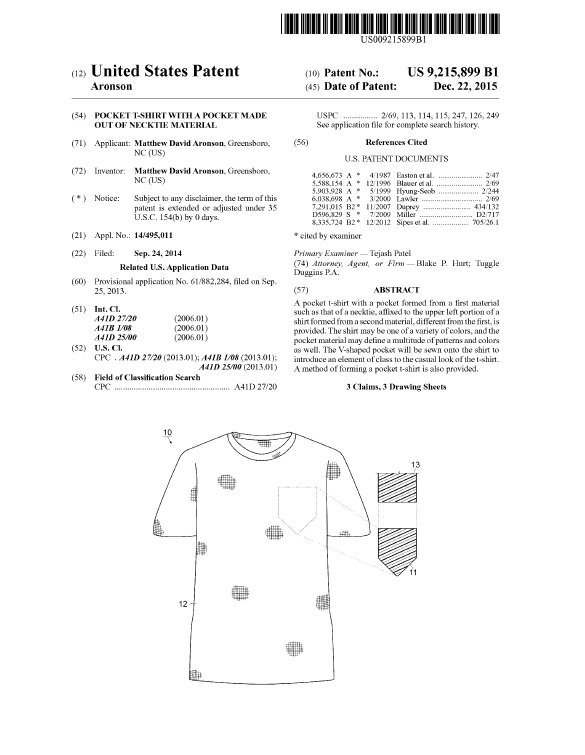
Design Patents
Design patents protect the appearance of a product, not its construction or function. The inventor of a t-shirt with a new and non-obvious appearance can protect that appearance for 15 years with a design patent. It is generally faster, easier, and less expensive to get a design patent than a utility patent, and thus can be a better option, and if the appearance is the only novel feature, it may be the only option.
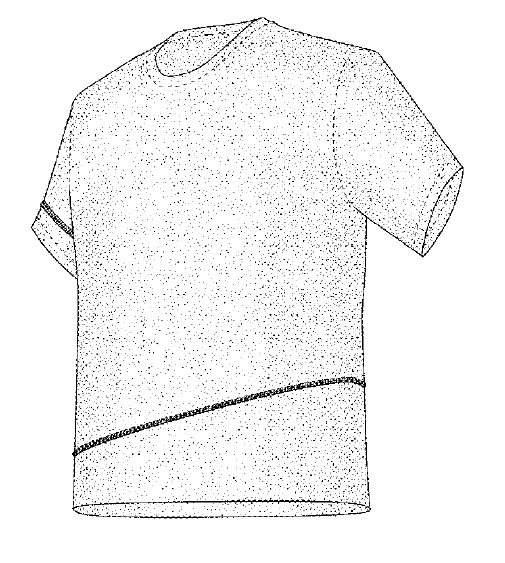
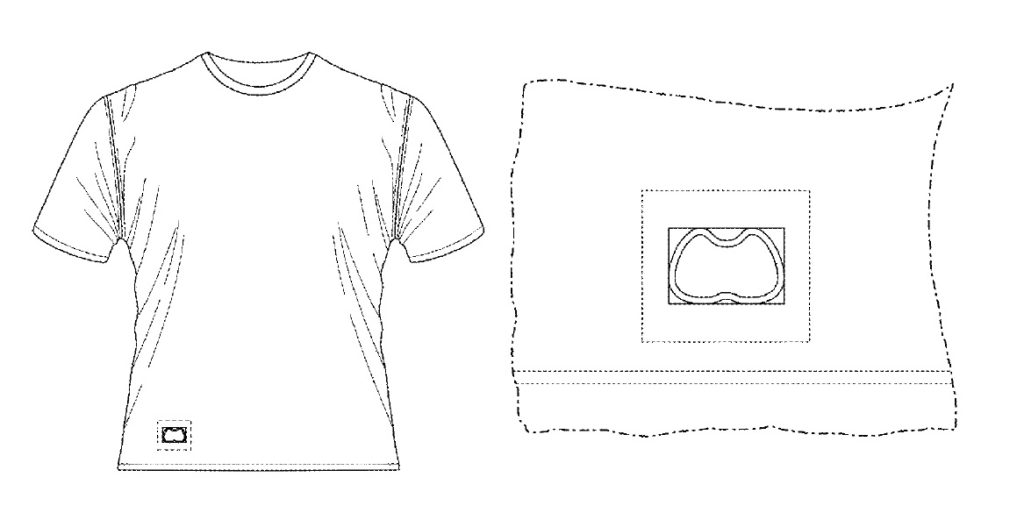
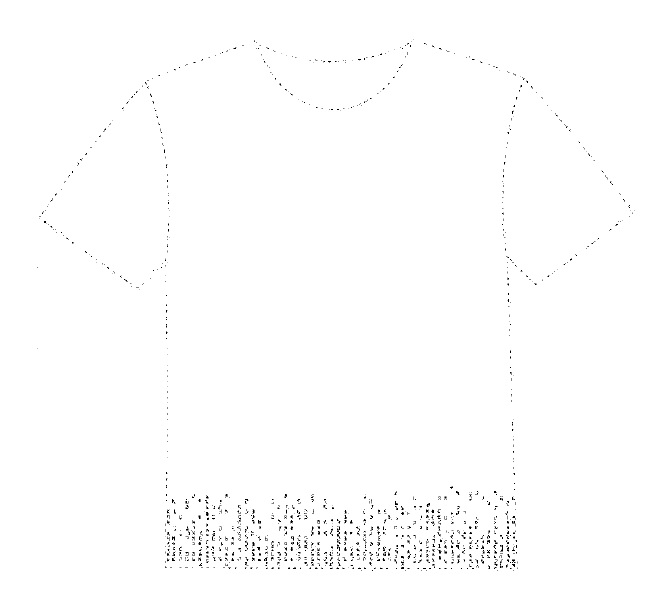
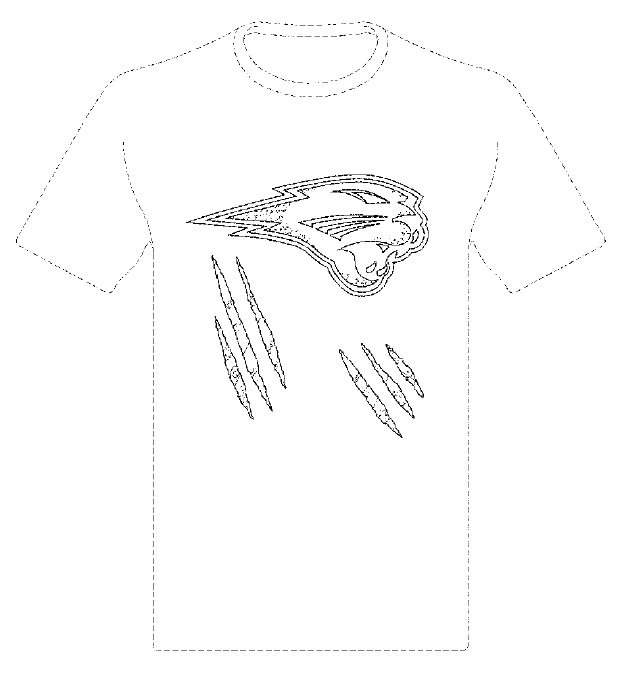
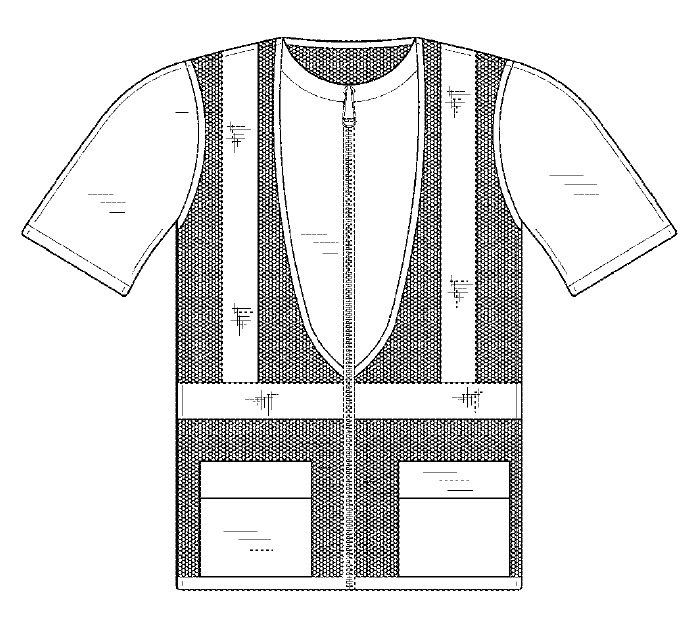
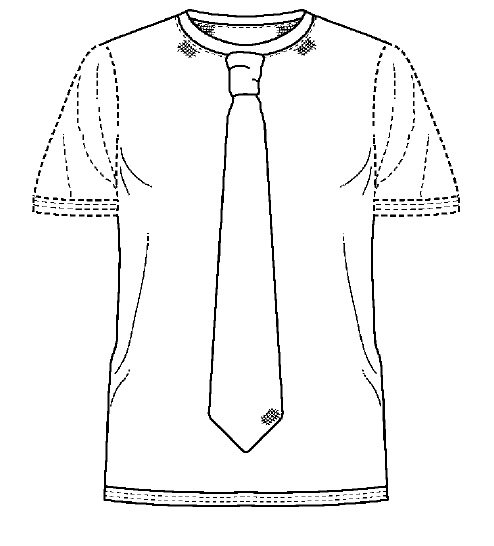
Trademarks
The words and designs on a t-shirt may function as a trademark. The owner can claim common law (unregistered) rights in these trademarks, but the rights are stronger and easier to enforce if the owner registers the trademark. Trademarks can be registered at the state or federal level. A federal registration provides nationwide protection of the mark, it allows the owner to use the ® symbol, and it makes enforcement easier and less expensive. However, it can be difficult to obtain a registration words and graphics on the exterior of the shirt, because the USPTO may regard the text or graphics as merely ornamental, and not as a trademark. Thus, some additional effort may be required to show that the mark is more than mere ornamentation.
A state registration is relatively fast, easy, and inexpensive to obtain, but it does not provide the same strong benefits of a federal trademark registration and what limited rights it does provide are limited to the borders of the state, Nevertheless, a state registration may provide some benefit where a federal registration is not an option.
Copyright
Copyright provides protection of graphics against copying, but does not protect single words or short phrases or designs that do not exhibit minimal authorship. Copyright arises automatically from the moment a the work is fixed in tangible form, but two steps will ensure the strongest possible copyright rights: First, applying copyright notice to the work. Copyright notice consists of the © symbol, the name of the copyright owner, and the year of first publication. For example for a work first published in 2018, the notice might be: © Copyright Owner 2018, even though it is no longer 2018. Second, registering the copyright with the Copyright Office. Although the copyright exists without registration, prompt registration entitles the copyright owner to statutory damages and attorneys fees.
